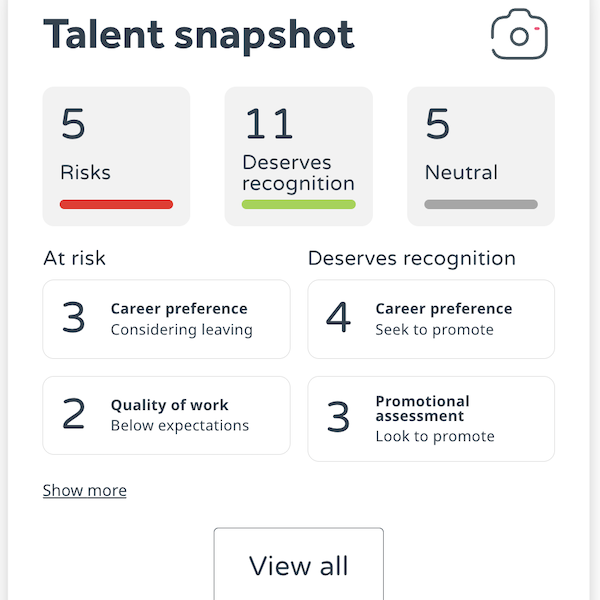It’s official – the National Institute of Health and Clinical Excellence (NICE), the UK body that looks after public health, says that if you look after the wellbeing of employees you’ll have a productive workplace.
This new public health guidance calls for employers to sort out poor working environments, because every year over a million UK staff become sick because of their work, costing the country £13.4 billion. So the new guidance advises managers to create a ‘positive environment’ where work-life balance is respected and creativity is encouraged.
Dame Carol Black of the Department of Health thinks this new guidance could prove to be the most significant NICE has ever produced, because there is abundant evidence that the mental health and overall wellbeing of employees depends greatly on their relationships at work – with each other and particularly their employers, from line manager to the most senior executive …’
Professor Gillian Leng agrees: ‘Every workplace is different, but there are some basic principles that should be applied … (like) encouraging new ideas and exploring new ways of doing things and opportunities to learn, recognising the contribution of each employee and if possible a flexible approach to work scheduling, giving employees more control and flexibility over their own time’
Well, we couldn’t agree more – and every single one of the opportunities highlighted by this new guidance is picked up in the WeThrive reports, which also show line managers exactly what are the top priorities for each employee, in order of importance, to create a healthy workplace that is also productive.
So well done NICE – now let’s make this a reality, for the sake of productivity as well as our health. The new guidelines place line managers at the centre of this drive to improve productivity and reduce human and financial costs, and this is precisely where we come in. WeThrive bridges the gap between what employees feel about their time at work and what their managers know about that internal experience – this brings frustrations, communication problems, training needs and other unspoken problems into the open so you can do something about them. This give line managers a vital new tool to meet the needs identified by the NICE research – making line management quicker, cheaper and better.
Try it free and get ahead in the new drive to make the world of work healthier and more productive!

